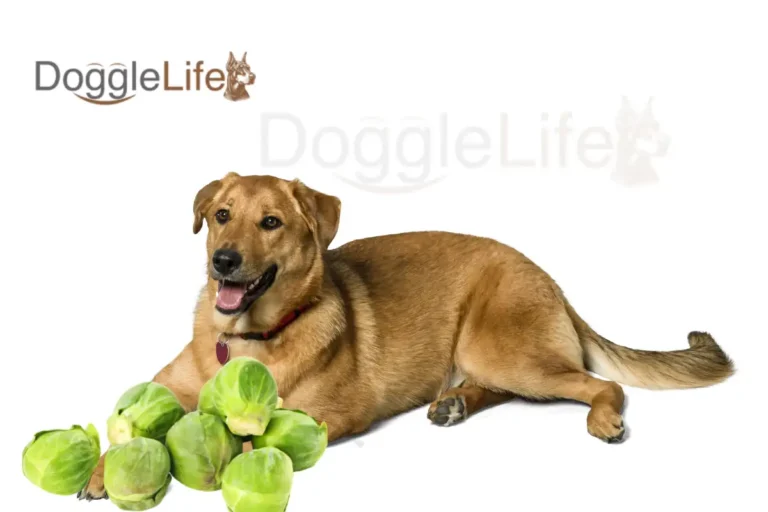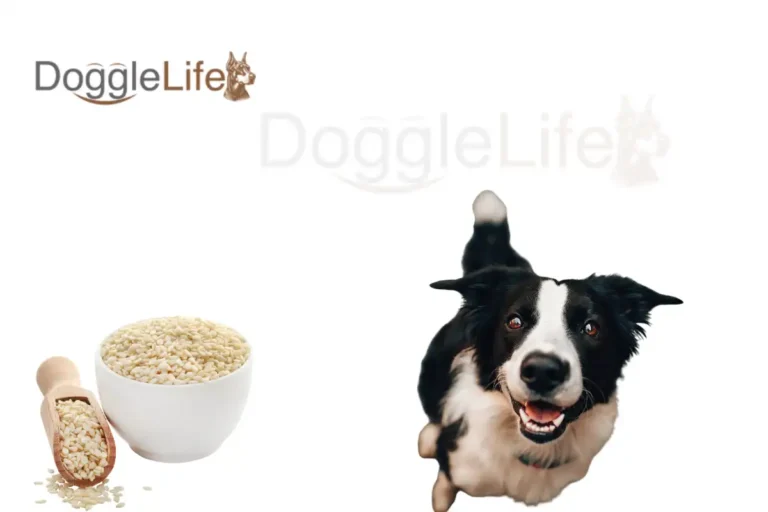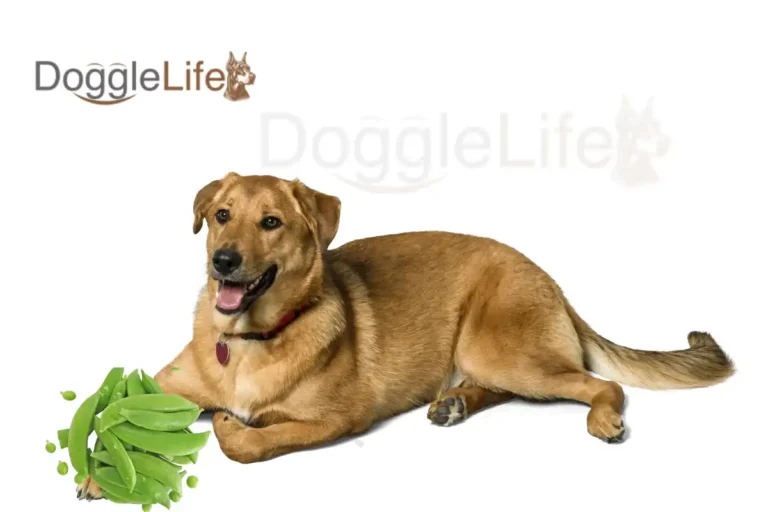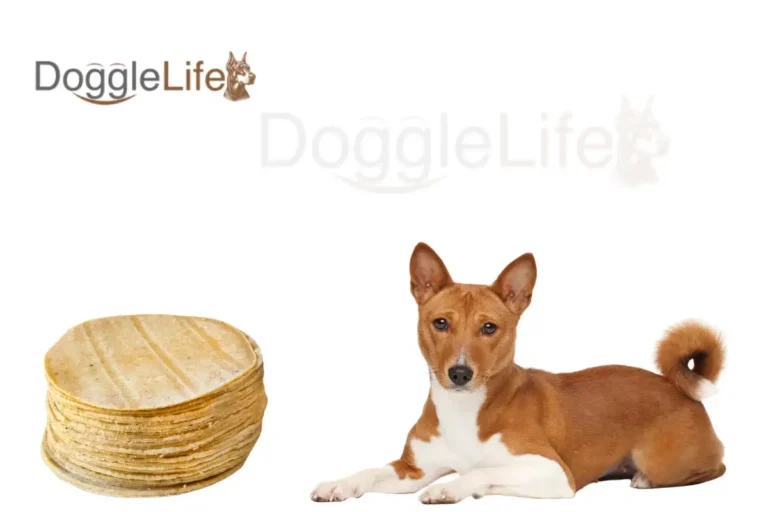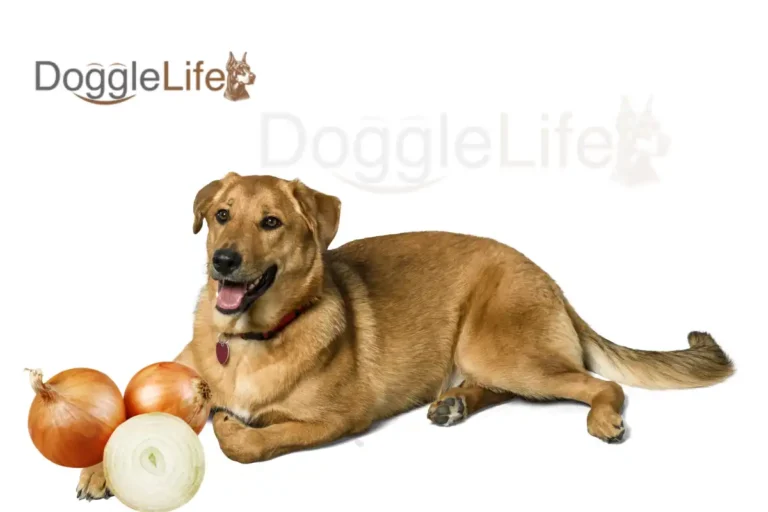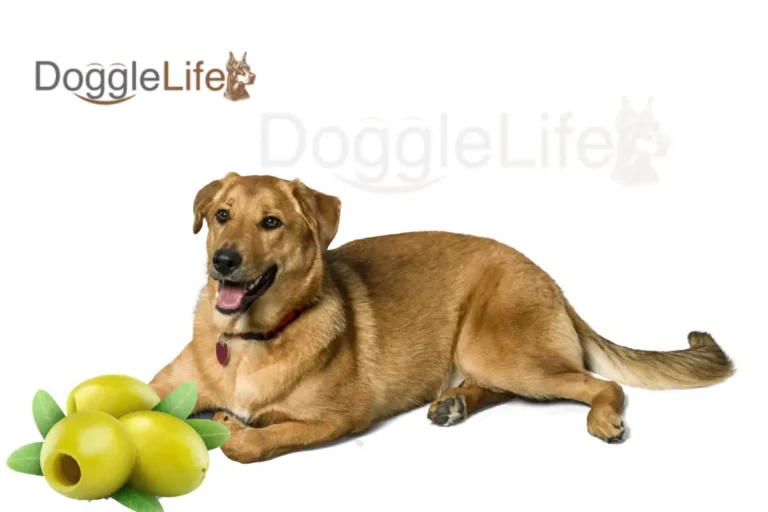Can Dogs Eat Pasta Vet Approved
Can dogs eat pasta? Many dog owners wonder if this popular human food is safe for their furry friends. In this article, we’ll explore can dogs eat pasta in different forms: plain pasta, cooked pasta, whole wheat, gluten free, chickpea pasta, and even pasta with sauces like alfredo, marinara, or pesto. We’ll also cover pasta salads, spaghetti, and special recipes like carbonara or chicken alfredo, so you know what’s safe and what’s not.
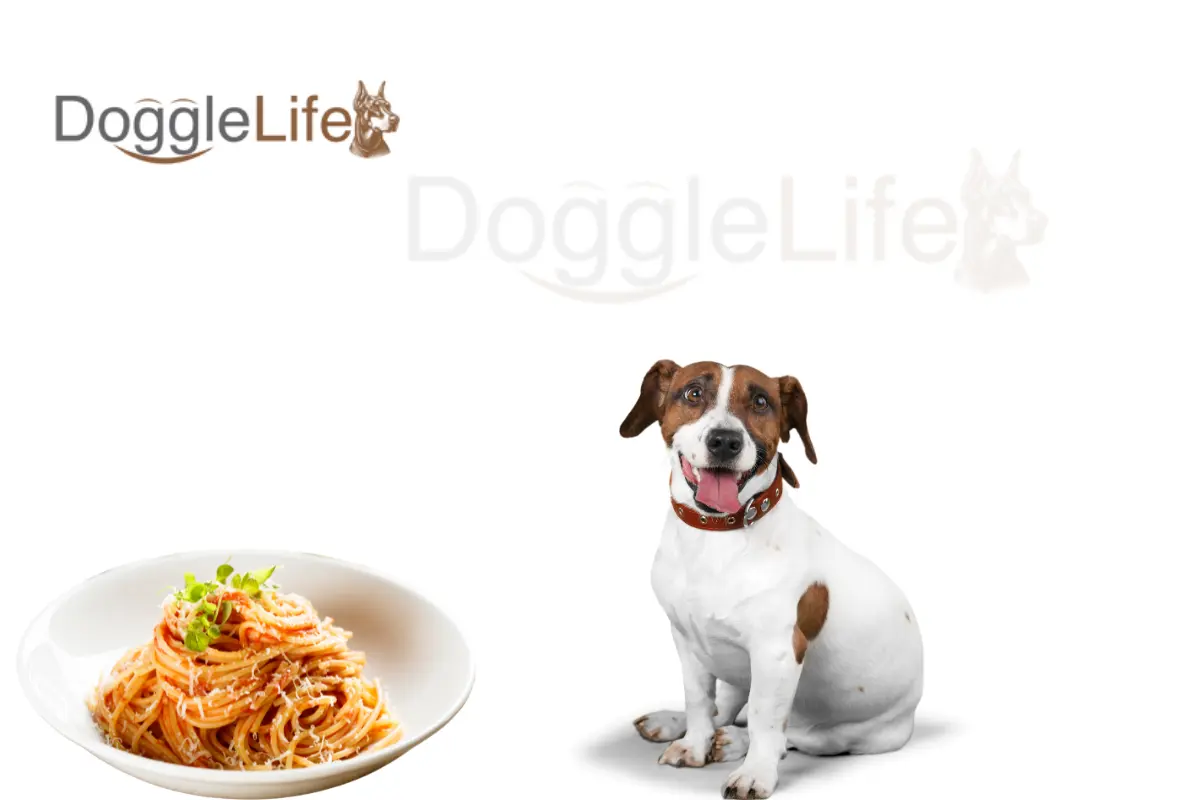
Can Dogs Eat Pasta
Yes, dogs can eat pasta in moderation. Plain pasta is generally safe for dogs as long as it’s cooked and not seasoned with harmful ingredients like garlic or onion. Pasta can be a good source of carbohydrates to give your dog energy, but it shouldn’t replace a balanced diet.
Expert tip: Always keep pasta servings small and occasional to avoid weight gain or digestive upset.
Can Dogs Eat Plain Pasta
Dogs can eat plain pasta safely, especially if it’s boiled and served without sauces or toppings. Plain pasta provides energy but lacks essential nutrients dogs need from their regular food.
Expert tip: Consider mixing plain pasta with a bit of their usual dog food for extra nutrition without overloading calories.
Can Dogs Eat Cooked Pasta
Yes, dogs can eat cooked pasta. Cooked pasta is easier for dogs to digest than raw pasta, which can be hard on their stomach. Avoid adding salt, butter, or sauces when offering it.
Expert tip: Serve cooked pasta in small portions and make sure it cools down before giving it to your dog.
Can Dogs Eat Pasta Sauce
Dogs can eat pasta sauce only if it’s plain and free from harmful ingredients like garlic, onions, or excessive salt. Many store bought sauces contain these and can be toxic to dogs.
Expert tip: Homemade tomato sauce with no seasoning is the safest option if you want to add flavor to your dog’s pasta.
Can Dogs Eat Chickpea Pasta
Yes, dogs can eat chickpea pasta. Chickpea pasta is high in protein and fiber, making it a better alternative to regular pasta for some dogs. However, introduce it slowly to avoid digestive issues.
Expert tip: Start with a small amount of chickpea pasta and monitor your dog’s reaction before making it a regular treat.
Can Dogs Eat Raw Pasta
Dogs can eat raw pasta, but it’s not recommended. Raw pasta is very hard and can be difficult for your dog to chew and digest. Eating it may cause stomach upset or even pose a choking hazard.
Expert tip: Always cook pasta before sharing it with your dog to make it soft and easy on their digestive system.
Can Dogs Eat Whole Wheat Pasta
Yes, dogs can eat whole wheat pasta in moderation. Whole wheat pasta contains more fiber than regular pasta, which can help your dog’s digestion. However, too much fiber may cause gas or diarrhea.
Expert tip: Serve small portions of cooked whole wheat pasta and avoid any added sauces or seasonings.
Can Dogs Eat Dried Pasta
Dogs can eat dried pasta, but only after it’s cooked. Dried pasta is too hard and can be dangerous if given raw. Cooking softens it and makes it digestible.
Expert tip: Always boil dried pasta plain and let it cool before offering it as a treat.
See also: Can Dogs Eat Almond Butter
See also:Can Dogs Eat Apricots
Can Dogs Eat Alfredo Pasta
Dogs can eat Alfredo pasta, but it’s not the healthiest choice. Alfredo sauce contains heavy cream, butter, and cheese, which are high in fat and may upset your dog’s stomach or lead to weight gain.
Expert tip: If you want to share pasta, stick to plain cooked pasta without creamy sauces. Your dog will enjoy it just as much.
Can Dogs Eat Pasta Salad
Dogs can eat pasta salad only if it’s plain and free of harmful ingredients like onions, garlic, or dressing. Many pasta salads have ingredients that are toxic or unhealthy for dogs.
Expert tip: Make a dog friendly pasta salad using plain pasta, cooked veggies, and a tiny bit of olive oil for flavor. Always avoid toxic additions.
See also: Can Dogs Eat Banana Peels
See also: can dogs eat basil
Can Dogs Eat Tuna Pasta
Yes, can dogs eat tuna pasta? The answer is generally yes, but only if the tuna is plain and cooked, and the pasta has no added sauces, onions, or garlic. Tuna provides healthy omega 3s, which are good for your dog’s coat and heart.
Expert tip: Keep the portion small and make sure the tuna is in water, not oil. Avoid canned tuna with added seasonings. Think of this as an occasional treat, not a main meal.
Can Dogs Eat Pesto Pasta
When it comes to can dogs eat pesto pasta, the answer is no. Pesto usually contains garlic, nuts, and cheese, which can be harmful to dogs. Eating it might upset their stomach or even be toxic depending on the ingredients.
Expert tip: If you want to give your dog pasta safely, always serve it plain or with dog safe toppings like a tiny bit of cooked chicken or pumpkin. Avoid any human sauces.
Can Dogs Eat Angel Hair Pasta
Yes, can dogs eat angel hair pasta? Plain, cooked angel hair pasta is safe for dogs in small portions. It’s easy to digest and can be mixed with dog friendly proteins like chicken or turkey.
Expert tip: Break the pasta into smaller pieces for easier chewing, especially for small breeds. Always avoid adding salt, butter, or sauces.
Can Dogs Eat Banza Pasta
Can dogs eat Banza pasta? Absolutely, Banza pasta, made from chickpeas, is safe for dogs and even offers extra protein and fiber compared to regular pasta. It’s a good occasional addition to their meal.
Expert tip: Introduce it slowly to avoid stomach upset. Start with a tiny serving mixed into their regular food and watch how your dog reacts.
Can Dogs Eat Boiled Pasta
Yes, can dogs eat boiled pasta. Plain boiled pasta is safe and can serve as a bland meal for dogs with mild digestive issues. It’s low in fat and easy on the stomach.
Expert tip: Always serve plain and in moderation. Think of it as a filler or treat, not a main diet, and avoid adding salt, butter, or oils.
Can Dogs Eat Carbonara Pasta
Dogs can eat carbonara pasta in very small amounts, but it’s not ideal for them. Carbonara usually contains bacon, cream, and cheese, which are high in fat and salt. Feeding this to your dog can upset their stomach or even cause pancreatitis if given often.
Expert Tip: If you want to give your dog a pasta treat, stick to plain cooked pasta without sauces or fatty ingredients.
Can Dogs Eat Cheese Pasta
Cheese pasta can be given occasionally to dogs in tiny portions. While dogs can eat cheese pasta, too much cheese may cause digestive upset or diarrhea, especially for dogs sensitive to dairy.
Expert Tip: Use low fat cheese or sprinkle just a small amount on plain pasta to keep it safe and tasty for your pup.
Can Dogs Eat Chicken Alfredo Pasta
Chicken Alfredo pasta is rich and creamy, which makes it risky for dogs. While they can eat plain cooked chicken, the Alfredo sauce contains heavy cream and butter that can upset a dog’s digestive system.
Expert Tip: Offer the chicken separately without the Alfredo sauce, and avoid garlic and onion which are toxic to dogs.
Can Dogs Eat Durum Wheat Pasta
Durum wheat pasta is basically plain pasta made from wheat, so dogs can eat it in moderation. It’s easier on their stomach than pasta with rich sauces, and can be a source of carbohydrates if your dog tolerates wheat.
Expert Tip: Always cook the pasta thoroughly and serve plain. Avoid adding salt, oil, or butter to keep it healthy.
Can Dogs Eat Edamame Pasta
Edamame pasta is made from soybeans, which dogs can eat in small amounts. It’s high in protein and fiber, but some dogs may have trouble digesting soy.
Expert Tip: Introduce edamame pasta slowly and monitor for any stomach upset. Plain, cooked edamame pasta is the safest option.
Can Dogs Eat Gluten Free Pasta
Dogs can eat gluten free pasta in moderation. Gluten free pasta is usually made from rice, corn, or legumes, which are generally safe for dogs. It’s a good option for dogs with wheat allergies or sensitivities.
Expert Tip: Serve plain, cooked gluten free pasta without sauces or seasoning. Keep portions small to avoid digestive upset.
Can Dogs Eat Lentil Pasta
Lentil pasta is made from lentils, which are high in protein and fiber. Dogs can eat lentil pasta, but too much can cause gas or bloating. It’s a healthy carb alternative when given in moderation.
Expert Tip: Start with a small portion and observe your dog’s digestion before offering more. Pair it with plain protein for a balanced meal.
Can Dogs Eat Pasta and Rice
Dogs can eat pasta and rice together in small amounts. Both are digestible carbs that can give your dog energy. However, avoid adding butter, sauces, or seasoning, which can upset their stomach.
Expert Tip: Mix plain, cooked pasta and rice with some boiled chicken or veggies for a simple, dog friendly meal.
Can Dogs Eat Pasta Bolognese
Dogs should not eat pasta bolognese because it contains onions, garlic, and high fat meat, which are harmful to them. Even small amounts of these ingredients can be toxic.
Expert Tip: Offer plain pasta or meat separately, but never let your dog have pasta with tomato sauces containing onion or garlic.
Can Dogs Eat Pasta for Upset Stomach
Dogs can eat plain pasta for an upset stomach in small amounts. It’s bland, easy to digest, and can help settle mild digestive issues. Avoid any sauces, cheese, or spices.
Expert Tip: Serve plain, well cooked pasta with a little boiled chicken or pumpkin to help soothe your dog’s stomach naturally.
Can Dogs Eat Pasta with Butter
Dogs can technically eat pasta with butter, but it’s not ideal. Butter adds extra fat that can upset your dog’s stomach and may even lead to pancreatitis in sensitive dogs. A small amount occasionally is usually fine, but it shouldn’t be a regular treat.
Expert tip: If you want to make pasta a safe snack for your dog, skip the butter and serve plain pasta in small portions.
Can Dogs Eat Pasta with Marinara Sauce
Dogs can eat pasta with marinara sauce, but caution is needed. Many sauces contain garlic, onions, and salt, which are toxic to dogs. Plain tomato sauce without added seasonings is safer.
- Avoid garlic and onion in any sauce.
- Keep salt to a minimum.
- Serve in small amounts to prevent stomach upset.
Expert tip: Homemade sauce with just tomatoes can be an occasional treat, but always monitor your dog for any signs of digestive trouble.
Can Dogs Eat Pasta Without Sauce
Dogs can eat pasta without sauce, and this is the safest way to serve it. Plain, cooked pasta is easy on their stomach and can be mixed with dog friendly foods like lean meats or veggies.
Expert tip: Use plain pasta as a filler, not a main meal, and make sure it’s fully cooked and cooled to avoid choking.
Can Dogs Eat Red Pasta Sauce
Red pasta sauce is usually not recommended for dogs. Most store bought sauces have spices, salt, sugar, and sometimes garlic or onion all harmful for dogs. Even small amounts can trigger digestive upset.
- Check ingredients before offering any sauce.
- Stick to plain, unsalted options.
- Avoid sauces with additives or artificial ingredients.
Expert tip: If you really want to share, make a dog safe sauce with fresh tomatoes and no seasoning, and give it in tiny amounts.
Can Dogs Eat Spaghetti Pasta
Dogs can eat spaghetti pasta as long as it’s plain and cooked. Long noodles can be tricky to chew and may pose a choking risk, so cut them into smaller pieces first.
Expert tip: Serve spaghetti in moderation, and never add toppings like cheese, butter, or sauces with onions and garlic. Treat it as an occasional snack, not a staple.
Can Dogs Eat Spinach Pasta
Spinach pasta can be a tasty treat for humans, but can dogs eat spinach pasta safely? In small amounts, plain spinach pasta is generally okay for dogs. Spinach is low in calories and contains vitamins like A, C, and K, but too much can cause digestive issues because of its oxalate content. Always avoid sauces or added seasonings that could be harmful.
Expert Tip: Offer spinach pasta occasionally as a plain snack, not as a main meal, to avoid upsetting your dog’s stomach.
Can Dogs Eat Squid Ink Pasta
Can dogs eat squid ink pasta? Squid ink pasta is not recommended for dogs. The ink can contain strong flavors and ingredients that may upset your dog’s stomach, and the pasta itself often comes seasoned or flavored in ways that aren’t dog safe. Plain pasta without ink is much safer.
Expert Tip: Stick to plain pasta for your dog and avoid exotic or flavored varieties like squid ink pasta.
Can Dogs Eat Tortellini Pasta
Many people love tortellini pasta, but can dogs eat tortellini pasta? Tortellini is usually filled with cheese, meat, or spices, which can be too rich for dogs. While the pasta dough itself isn’t harmful, the fillings often contain ingredients like onion, garlic, or heavy cheese that are unsafe for dogs.
Expert Tip: If you want to treat your dog, offer only plain boiled pasta and skip the filled varieties like tortellini.
Can Dogs Eat White Pasta
White pasta is common in many households, but can dogs eat white pasta? Yes, plain white pasta is safe for dogs in moderation. It’s easy to digest and can even be mixed with dog friendly ingredients like boiled chicken or vegetables. Avoid butter, sauces, or seasonings to keep it healthy.
Expert Tip: Serve white pasta as a small portion, not a regular meal, and always keep it plain for your dog’s safety.
In summary, can dogs eat pasta? Yes, but only plain, cooked varieties in moderation. Avoid sauces like alfredo, pesto, and marinara, as well as raw or dried pasta. Pasta can be mixed with safe ingredients like boiled chicken or rice for a gentle treat. Always serve small portions and monitor your dog for digestive reactions.

